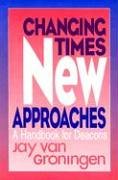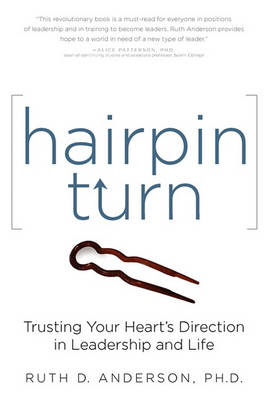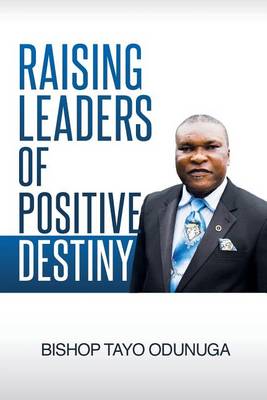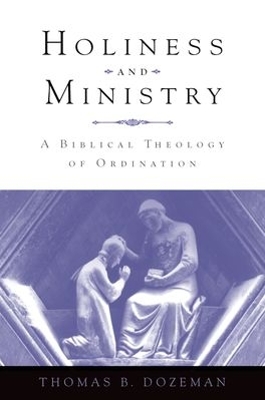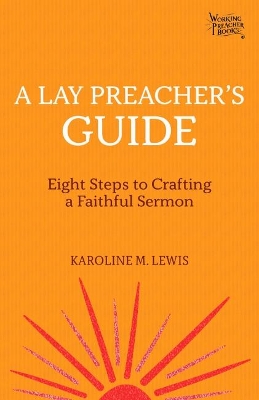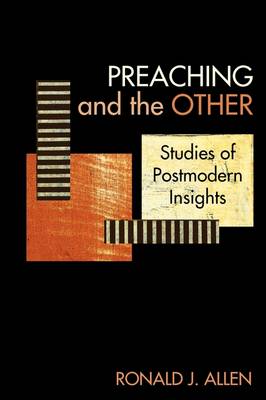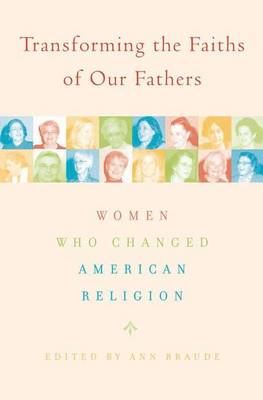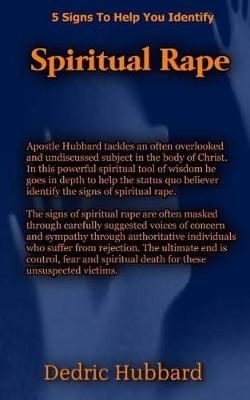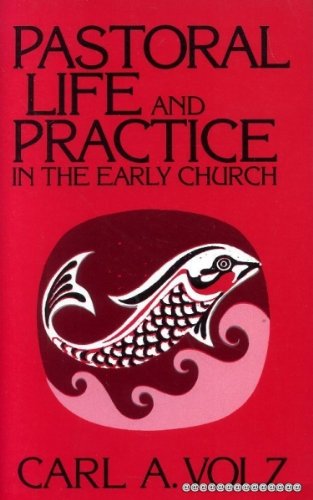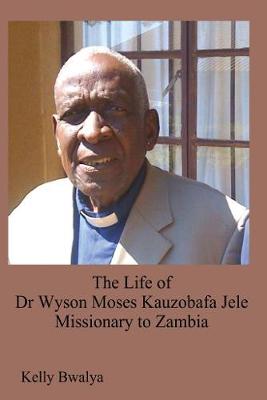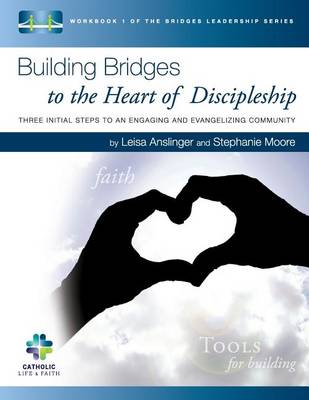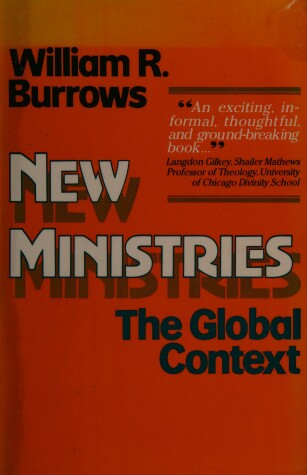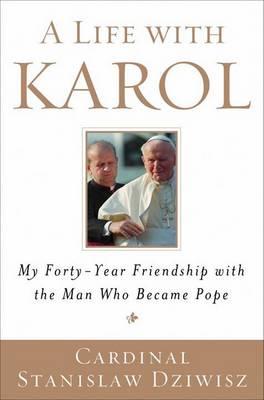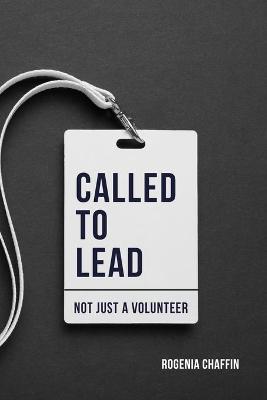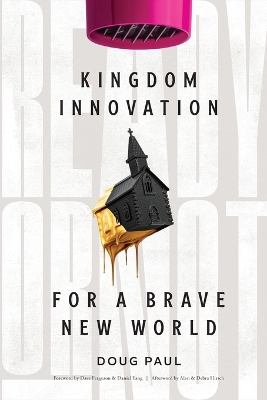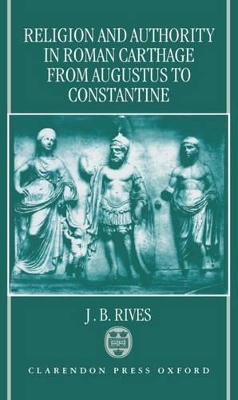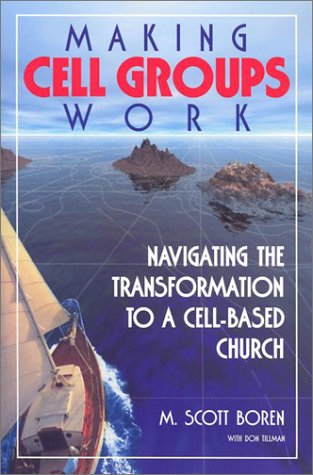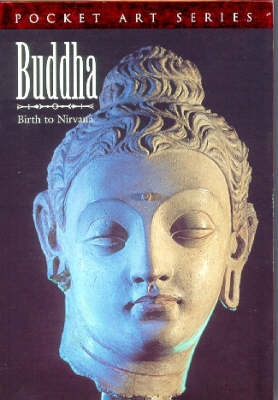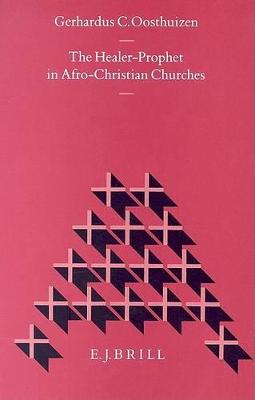Holiness and Ministry: A Biblical Theological of Ordination is a response to the call of the World Council of Churches for renewed theological reflection on the biblical roots of ordination to strengthen the vocational identity of the ordained and to provide a framework for ecumenical dialogue. The volume is grounded in the assumption that the vocation of ordination requires an understanding of holiness and how it functions in human religious experience. The goal is to construct a biblical the...
In A Lay Preacher's Guide: How to Craft a Faithful Sermon, Karoline M. Lewis provides lay preachers with an essential and accessible guide to the basics of Sunday morning preaching. Laypeople are increasingly called to serve congregations and are preaching regularly. But often they do not have immediate, reliable, or trusted access to homiletical instruction or support for their preaching. As a result, these church leaders--feeling called to ministry and to preach, and affirmed by denominationa...
Ministry (Message of the Fathers of the Church S., No 8)
Building Bridges to the Heart of Discipleship (The Bridges Leadership, #1)
by Stephanie Moore and Leisa Anslinger
Religion and Authority in Roman Carthage from Augustus to Constantine
by J. B. Rives
This book examines the organization of religion in the Roman empire from Augustus to Constantine. Although there have been illuminating particular studies of the relationship between religious activity and socio-political authority in the empire, there has been no large-scale attempt to assess it as a whole. Taking as his focus the situation in Carthage, the greatest city of the western provinces, J.B. Rives argues that the traditional religion, predicated on the structure of a city-state, could...
The Healer-Prophet in Afro-Christian Churches (Studies in Christian Mission, #3)
by Gerhardus C. Oosthuizen
The book deals with the healing ministry, especially that of the prophet, in the AIC. This office which is to be found in many of these churches as a substitute for the important office of the diviner in the traditional society. Sickness is not merely physical and mental but cultural, socio-political and economic, and is approached holistically.
